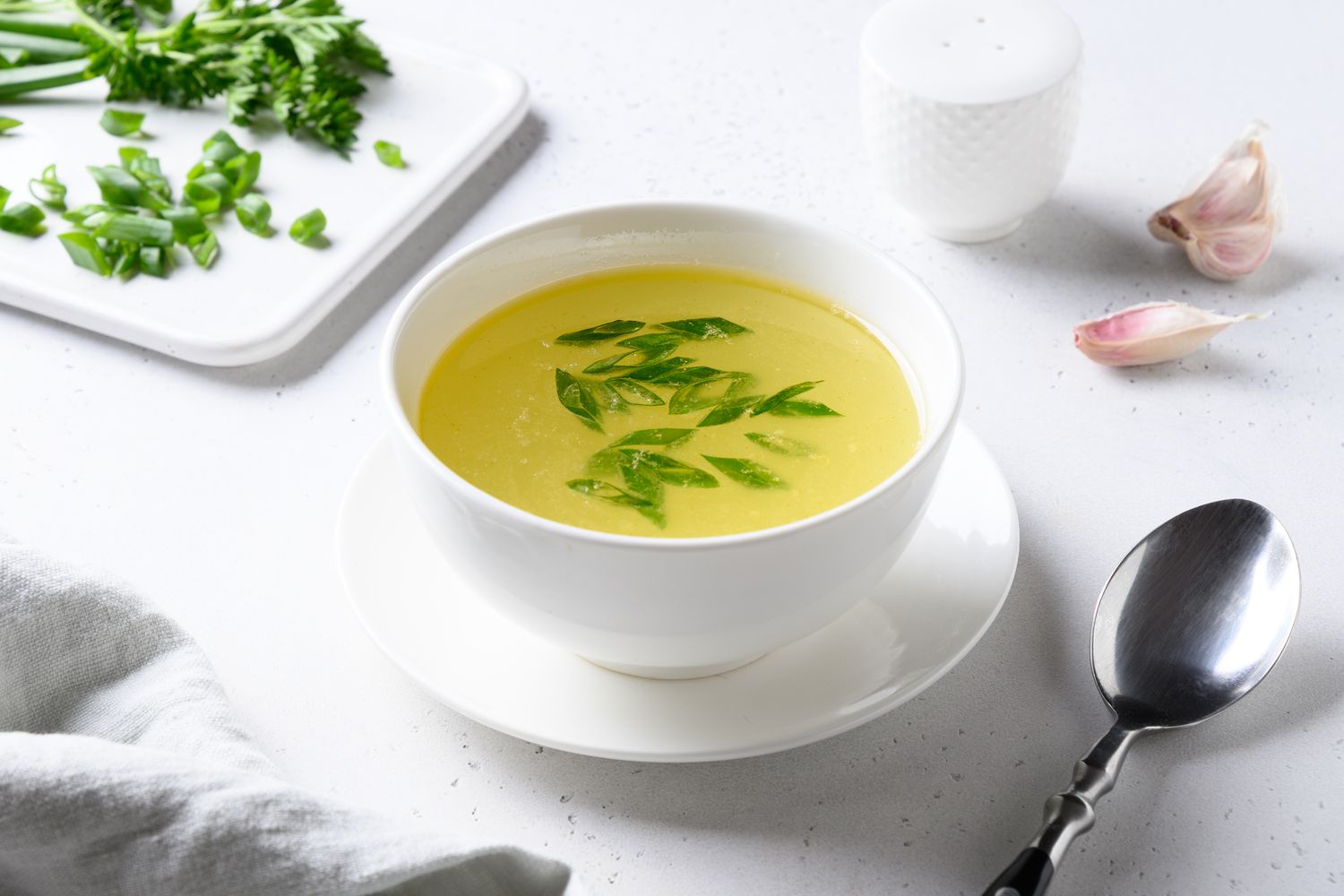
The #1 Underrated Carb for Better Blood Sugar, According to Dietitians
Key Takeaways
- Beans are filled with nutrients that can promote healthy blood sugar.
- They’re rich in fiber, protein and magnesium and have a low glycemic index.
- These versatile legumes are a delicious addition to salads, soups, stews, chili and tacos.
When it comes to carbs, many people immediately think of bread, pasta or sugary treats. But what if we told you there’s an unsung hero in the carbohydrate world that doesn’t just fuel your body, but also helps keep your blood sugar in check? Enter beans.
“Beans are so underrated for blood sugar management,” says Nicole Ibarra, RD, LD, a registered dietitian and owner of Altitude Nutrition & Fitness. “They are a versatile complex carb that can be used in salads, soups, wraps or nourish bowls.” They’re also affordable, easy to prepare and packed with nutrients that might surprise you.
If you’re wondering how this unassuming food could help with blood sugar regulation, you’re in the right place. Stick around, and we’ll explain exactly why beans are a carb you’ll want to keep on your menu. Trust us, you’ll never look at them the same way again!
How Beans Can Support Healthy Blood Sugar
Beans are a versatile and nutritious food that can play a key role in maintaining healthy blood sugar levels. Loved for their simplicity and packed with health benefits, they are an excellent addition to any balanced diet. Here are four ways beans can help keep your blood sugar levels in check.
High in Fiber for Steady Blood Sugar
If you’re looking for a blood sugar-friendly carb, look no further than fiber-rich beans. What makes their fiber so beneficial? “Fiber slows the release of the carbs into your bloodstream, which stabilizes your blood sugar,” says Sarah Anzlovar, M.S., RDN, LDN, a registered dietitian specializing in intuitive eating. And beans are an easy way to rack up lots of this blood sugar-leveling nutrient. For instance, 1 cup of canned black beans provides approximately 17 grams of dietary fiber. That’s more than half the Daily Value.
When it comes to fiber, beans boast not one but two kinds, namely soluble fiber and insoluble fiber. But their blood sugar-regulating power comes from their soluble fiber. This fiber forms a gel-like substance in the gut that slows the release of carbs into the bloodstream. That, in turn, prevents sharp spikes or crashes in blood sugar levels, promoting a more stable and gradual energy supply throughout the day. Soluble fiber is so effective that a meta-analysis of 29 studies found that it enhanced multiple measures of blood sugar control and reduced body mass index among individuals with type 2 diabetes.
Packed with Protein for Satiety
“Beans also contain protein, which plays a role in blood sugar management,” says Anzlovar. One cup of canned beans offers approximately 15 grams of protein, depending on the variety.
What makes beans’ protein so effective? Protein takes longer to digest and metabolize than carbohydrates. As a result, consuming protein-rich foods like beans can promote satiety and help maintain steady glucose levels. There is also strong evidence that a higher dietary protein intake, particularly from plant proteins like beans, supports weight loss and improves glycemic control among people with type 2 diabetes.
Low Glycemic Index for Better Management
Beans are an excellent choice for blood sugar control due to their low glycemic index (GI). The glycemic index measures how quickly a particular food raises blood sugar levels. Research has found that eating a diet rich in low-GI foods can improve short-term blood sugar control and reduce weight and body fat in people living with prediabetes and type 2 diabetes.
If you’re wondering what makes beans a low-GI powerhouse, you can thank their combination of fiber and protein. Together, these nutrients slow the breakdown of carbohydrates into glucose, promoting a slow, sustained energy release.
A Top Source of Magnesium
Beans are a rich source of minerals like potassium, copper, manganese and magnesium. While all of these do lots of good things for your body, it’s beans’ magnesium that plays a crucial role in blood sugar control. This mineral is essential for hundreds of biochemical processes in the body, especially blood sugar regulation. It’s so powerful that people who consume more magnesium are less likely to develop diabetes, according to the National Institutes of Health. Just 1 cup of cooked black beans provides roughly 120 milligrams of magnesium. That’s nearly 30% of the Daily Value.
Tips to Enjoy Beans
If you’re ready to add more beans to your diet, these tips can get you started.
- Toss Them into Salads: Add chickpeas, black beans or kidney beans to your favorite salad for protein and fiber. Or, for a satisfying side dish, try our crowd-pleasing Three-Bean Salad.
- Whip Up a Hearty Soup or Stew: Use beans as the base for a warming soup or stew, like our Creamy White Bean Soup or this protein-packed Slow-Cooker Chicken & White Bean Stew.
- Blend Them into Dips and Spreads: From classic whipped hummus to black bean hummus to our vibrant Roasted Beet Hummus, there are countless spins on this healthy snack.
- Swap in Beans for Meat: For a plant-protein boost, sub in beans for meat in tacos, veggie burgers or chili, like our zesty Vegan White Bean Chili.
- Try Them as a Side Dish: Mashed or simmered beans are a satisfying, blood sugar-friendly alternative to potatoes. Why not throw together some Instant Pot pinto beans or black beans to serve alongside roast chicken or pork?
The Bottom Line
Beans are truly nutritional gems. Thanks to their high fiber, protein and magnesium content and their low glycemic index, they’re our No. 1 underrated carb for better blood sugar control. Whether you’re a fan of chickpeas or black, cannellini or pinto beans, these satisfying pulses aren’t just great for your blood sugar. They’re a delicious addition to any balanced diet. Beyond blood sugar benefits, beans support heart health and metabolism and help keep your digestive system in top shape. Plus, they couldn’t be easier to prepare. Simply dump them into a slow cooker or pressure cooker or pop open a can. Either way, they are as versatile as they are healthy!










